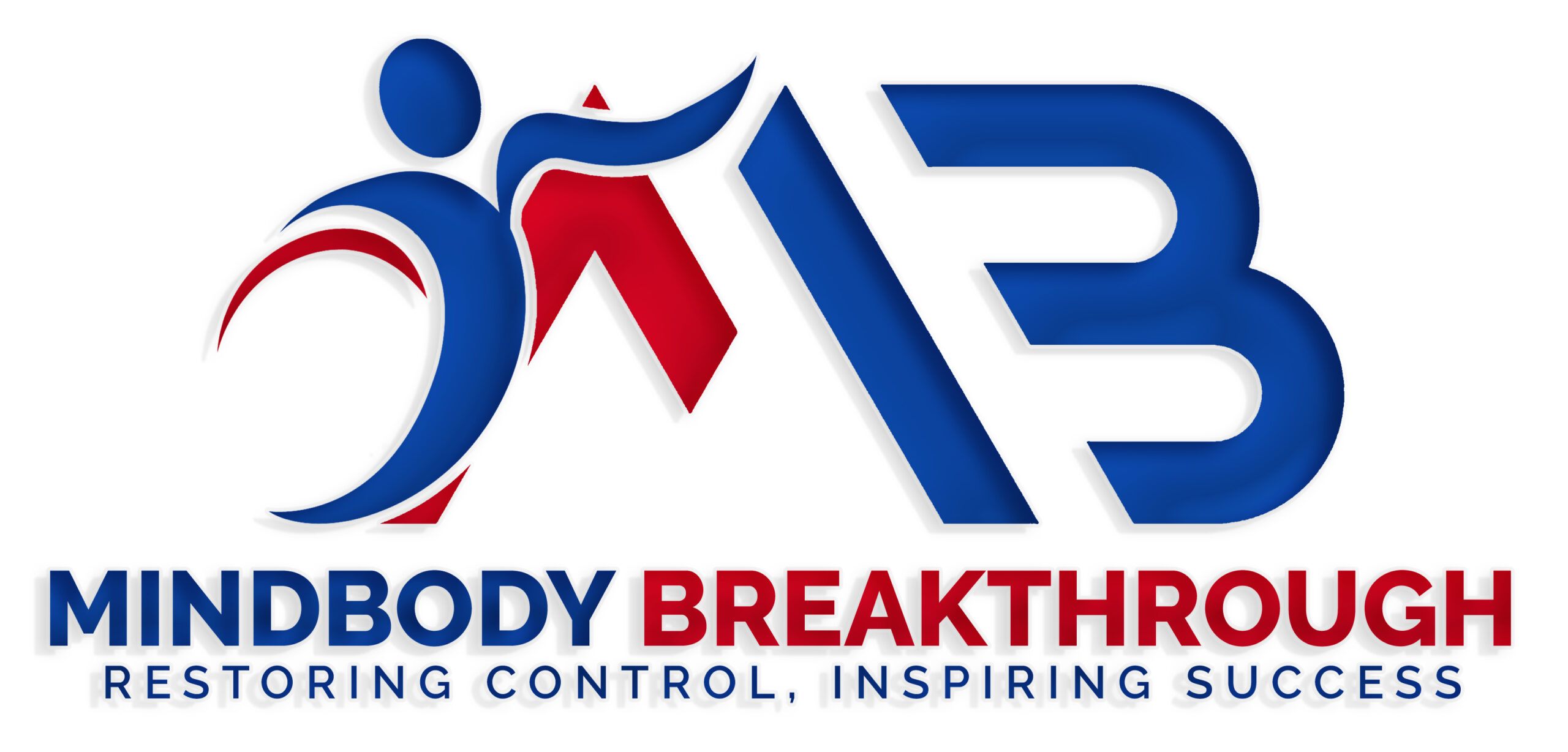The Psychology of Smiling
 Smiling has been known for centuries for its positive effects on our mind and nervous system. Do you know that smiling does a better job than chocolate in stimulating the brain’s reward mechanism that makes us feel good and happy?
Smiling has been known for centuries for its positive effects on our mind and nervous system. Do you know that smiling does a better job than chocolate in stimulating the brain’s reward mechanism that makes us feel good and happy?
Look at children. They are happier and have more energy because they laugh a lot more in a 24 hour period than the average adult can ever manage. One study showed that, on average, children laugh 400 times a day, while the happiest adults only manage to smile 40-50 times a day. On average, most of us only smile or laugh about 20 times a day.
Other studies have shown that you can get the same amount of happiness that physical exercises produce in the brain by simply smiling a lot. Therefore, if you smile or laugh a lot, you are certainly going to be healthier, happier and have more energy than a grumpy person whose identity is connected to being seen as marginalized, victimized and unloved.
Furthermore, smiling is an instrument for bringing about peace. If you wear a genuine smile as you approach your biggest enemy, he will probably delay its plan to harm you, at least for a few seconds. As mother Theresa rightly said, “Peace begins with a smile.” Smiling builds relationships and makes us look open and interested in connecting and getting to know others.
More Reasons Why You Should Smile More
Whether you love to smile or not, there are varieties of health, social and psychological benefits of real smiling that far outweigh our personal reasons for not smiling more.
Here are some of them:
- Smiling is a stress reducer. Your mind and body are constantly exposed to stress and anxiety as you interact with your world. By smiling more, you help your mind and body to release those stress in a natural way. Smiling reduces the stress-induced hormones in the blood stream that often lead to adrenal fatigue, burn-out or anxiety-related disorder.
- Smiling builds up your positive emotions reservoir. Within your deeper mind, you have two reservoirs, one for positive emotions, and the other for negative emotions. If you smile and laugh a lot, you will generate more positive emotions that will help neutralize or minimize the unpleasant effects of any negative emotions that you may have in your deeper mind.
- Smiling makes you more desirable. Many people have issues with smiling freely for varieties of reasons. If you appear to smile freely, people will find your freedom fascinating. You will become more magnetic and personable within your social and professional circles.
You Can’t Fool Them With Your fake Smile
We all can feel it when we are welcome with a fake smile. Even though it looks as if someone smiles at you, the effect is somehow contrasting. It makes us feel unsettled and concerned. It is something that we all do especially when tired, preoccupied, angry or disinterested.
For some people, the main reason while their smiles appear fake is because they feel embarrassed about smiling. They feel like they do not have a great smile to be proud about or they have nothing to be happy about.
Genuine smiling can sometimes become a choice that you have to make, especially if you are going through a difficult spell in life. Abraham Lincoln, former American president, once said that “Most folks are as happy as they make up their minds to be.” You can decide whether or not you want to stay positive in spite of your challenges.
3 Steps to Learn to Smile Well
Genuine smiling can be re-learnt. You can learn how to smile again. We all once laughed and smiled freely as children until we began to adopt what is called the “social smiles’ as we grew older (this is when we only smile with the corners of our mouth muscles). Eventually, some of us forgot how to genuinely smile as we adopt the social smiles more and more.
Here are some tips to help you bring authenticity to your smiles
- Overcome your limiting beliefs about smiling. This is the best place to start, right between your ears. You will need to change your wrong subconscious assumptions concerning smiling. Until you believe that smiling does not mean ‘weakness’ or ‘softness’, you will not be able to enjoy its full benefits. Each morning before you get out of your bed, visualize yourself smiling freely and easily. Imagine yourself as comfortable with smiling. See smiling as part of your being and as a natural exercise that brings goodness, love, acceptance, wellness and abundance into your entire life. Then imagine others experiencing calm, peace, and confidence as they receive your smiles.
- Before smiling, visualize or recall an event or person that brings great joy and happiness to your life. For example, before you walk into a room where you are expected to be sociable, imagine a pleasant person or scenario that usually fills you up with amazement. Relax into that thought as you walk in and let your mouth muscles and eye sockets feel that relaxing thought.
Some experts suggest that you imagine that you walk out of the house and see a gorgeous rainbow. With this lovely thought in your mind, your laugh or smile will appear relaxed and genuine to those who are looking at you. You can also use this visualization when on that phone. The other person at the end of the line mysteriously can feel your genuine smile as though they could see you face to face. - Practice how to smile genuinely. The best way to practise smiling is to do it in front of the mirror. Whenever we smile genuinely, two muscles are activated; your eye socket muscles (which shows sincerity), and the corners of your mouth muscles (this is known as the social smile). A genuine smile is achieved by learning to activate both groups of muscles; corners of mouth and eye socket muscles. Another way to know that your smile is genuine is if you immediately feel relaxed and happy.
When you choose to adopt a genuine smile by using all of the above tips, you will begin to feel a lot more relaxed, happier, and even healthier. Once the appropriate smiling muscles in your face contract, the brain, and the nervous system will produce a positive ‘feel good’ emotion they always produce whenever a real life positive situation happens to you. The subconscious mind that regulates all your automatic reflexes does not differentiate what is real from what is imagined. As long as you activate the right smiling muscles, you will get the full benefits of a good and genuine smile in your mind and body system. Now, begin to smile freely!
If you suffer from any anxiety-related disorder, why not check out my online recovery programmes for anxiety transformation here?:
The FEAR model recovery Programme:
The 7 Week Recovery Programme for GAD and Panic
Best Regards.
Wale







Leave a reply